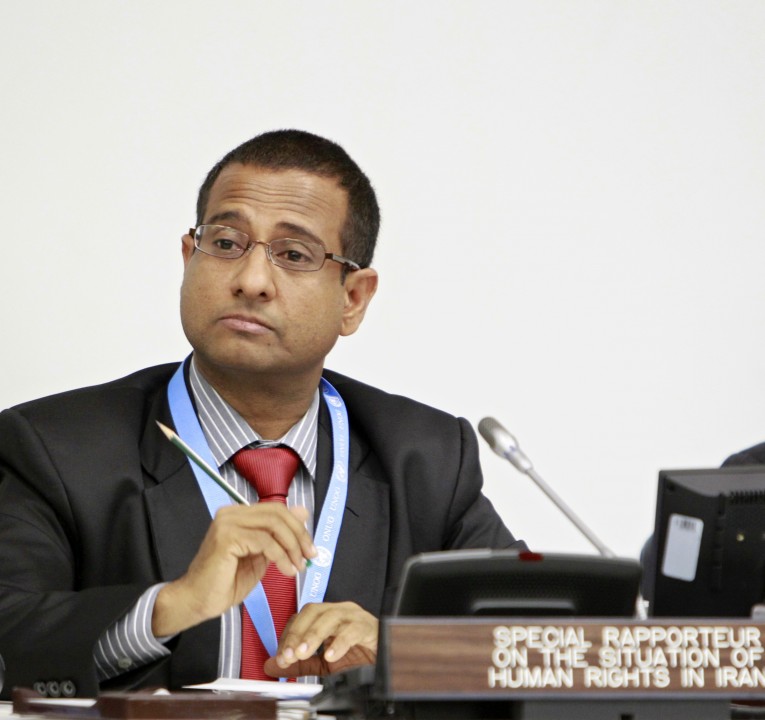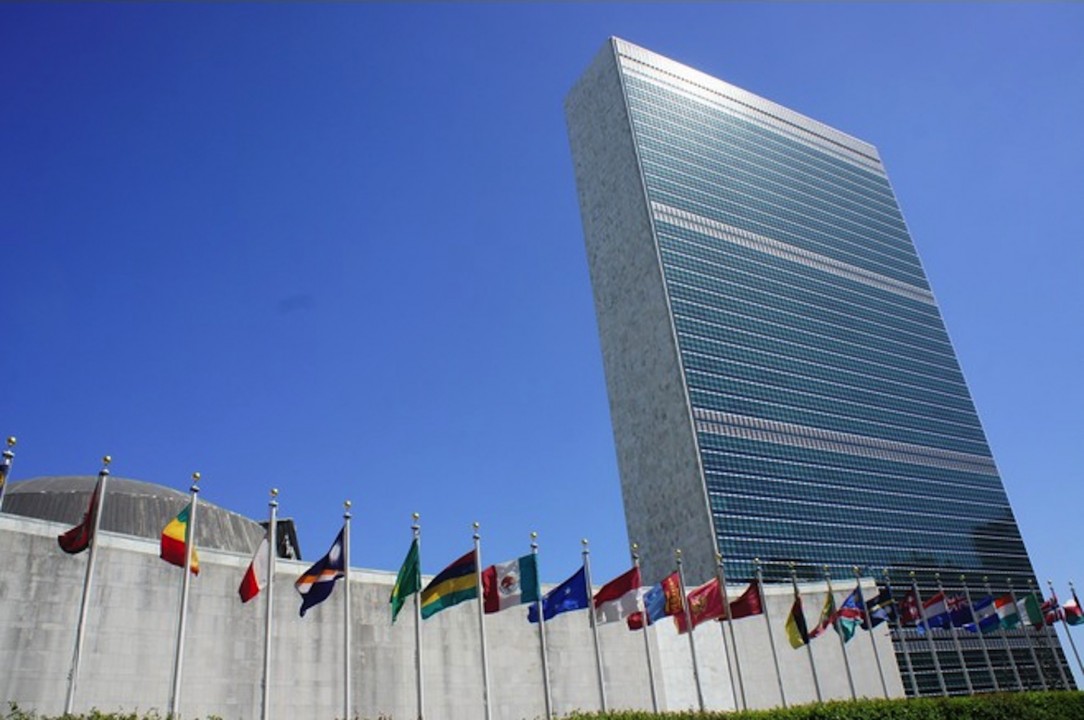March 2012 report of the Special Rapporteur on the situation of human rights in the Islamic Republic of Iran
View PDF | Download
This report, the first to be submitted to the Human Rights Council, is submitted pursuant to Council resolution 16/9 and covers the human rights developments since the commencement of the mandate of the Special Rapporteur on 1 August 2011. The Special Rapporteur e presented his first interim report to the General Assembly (A/66/374) in October 2011.


